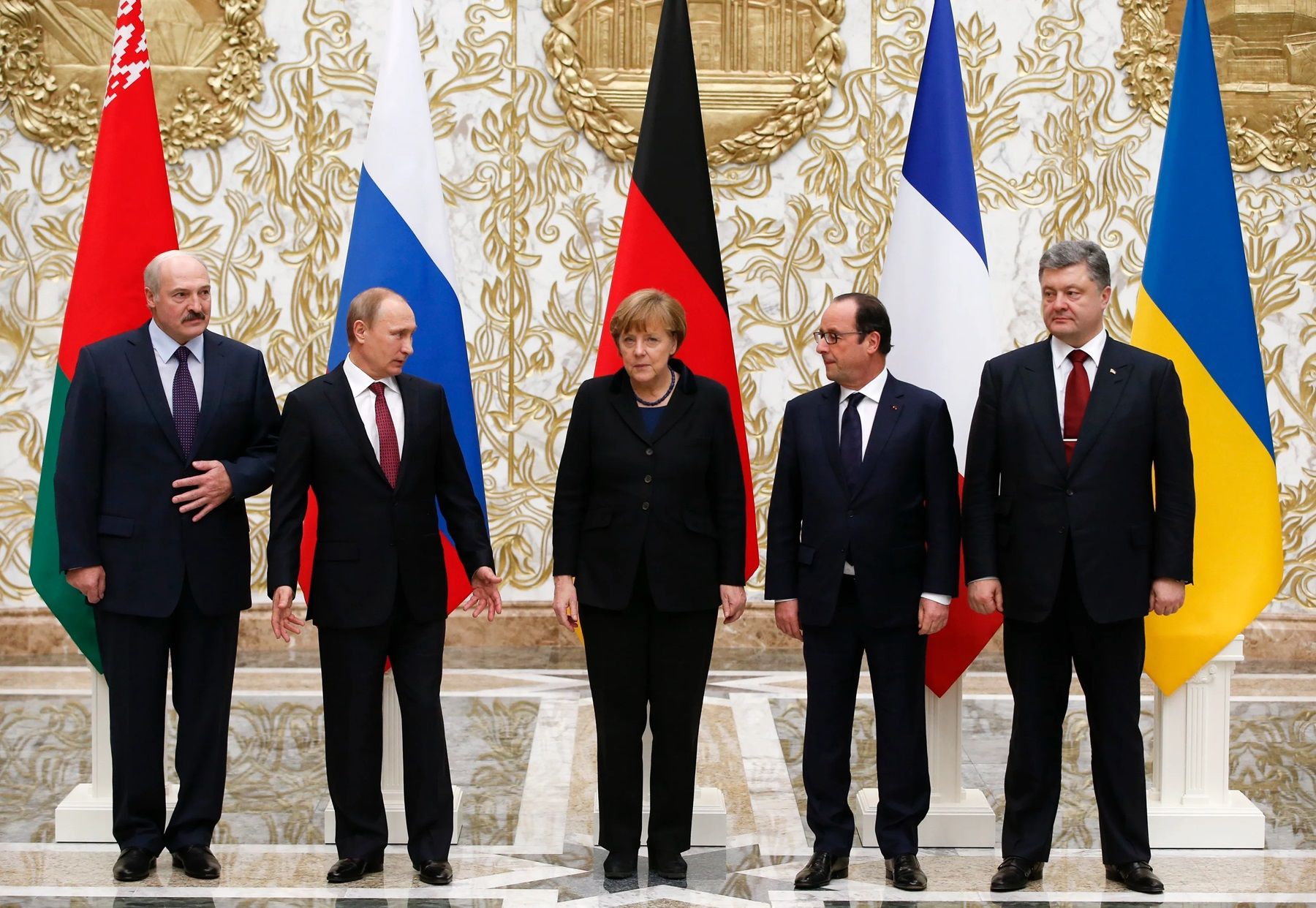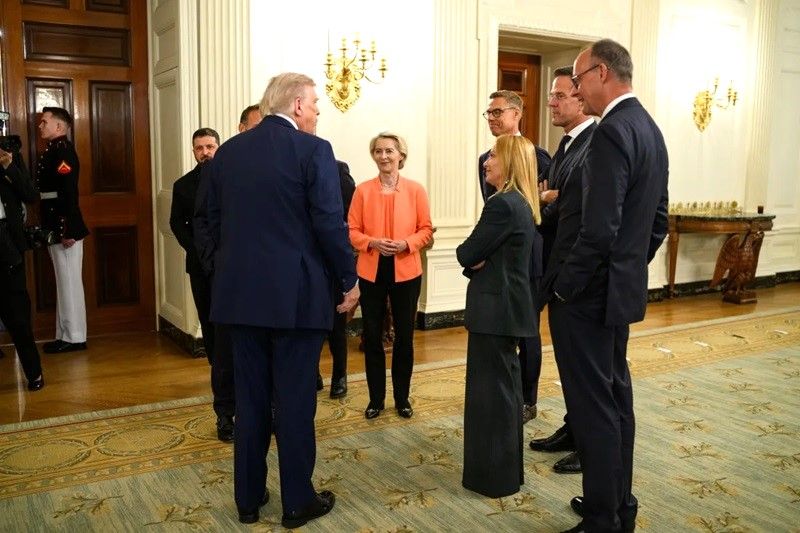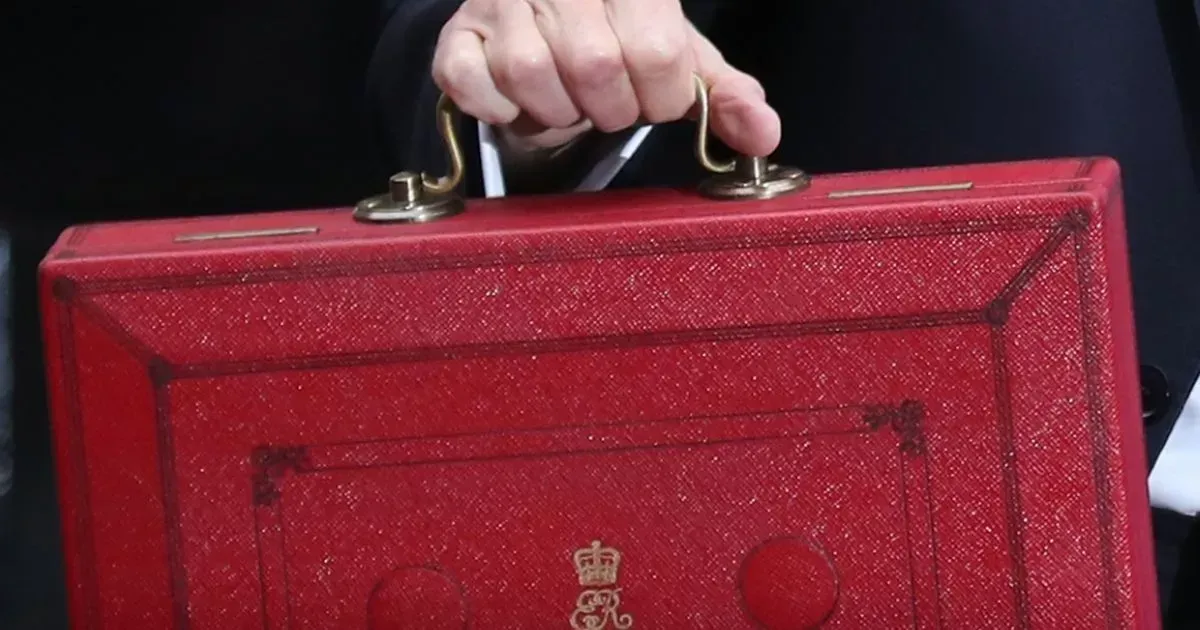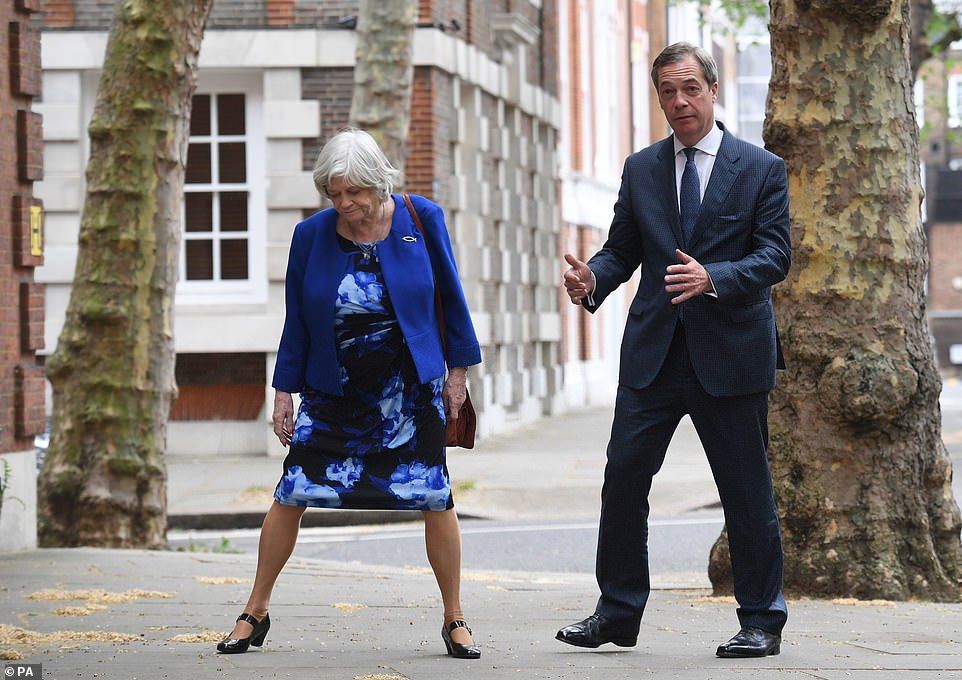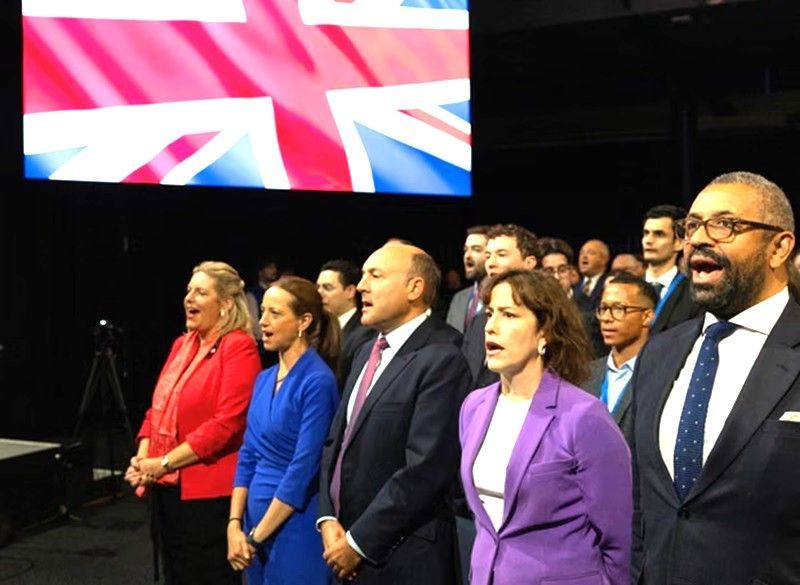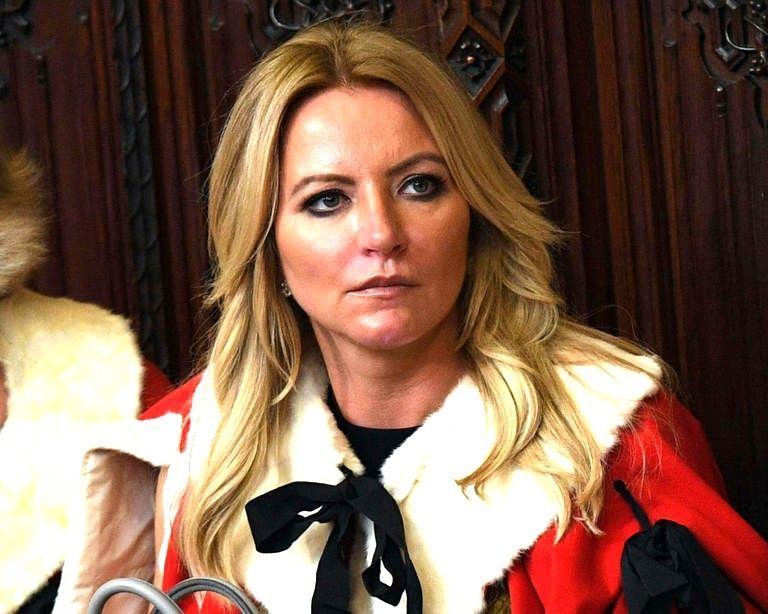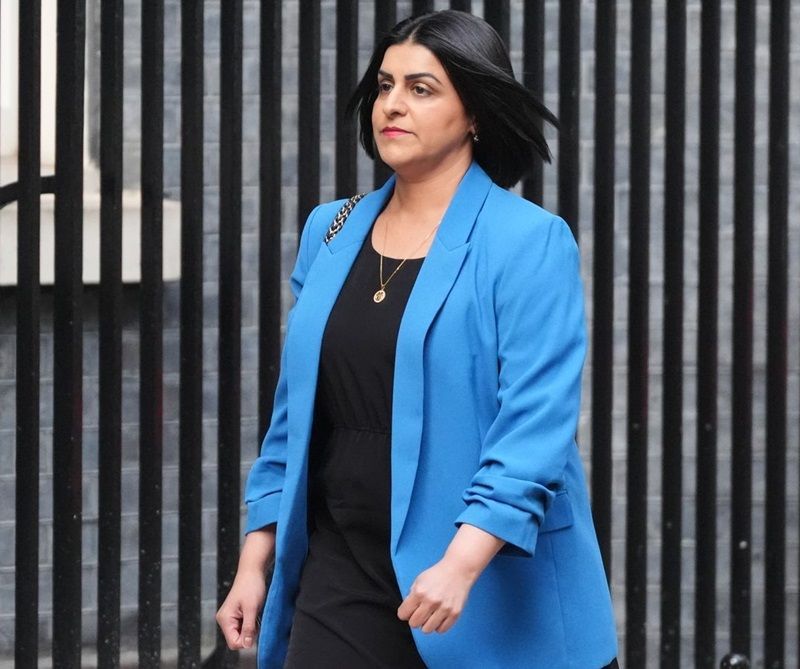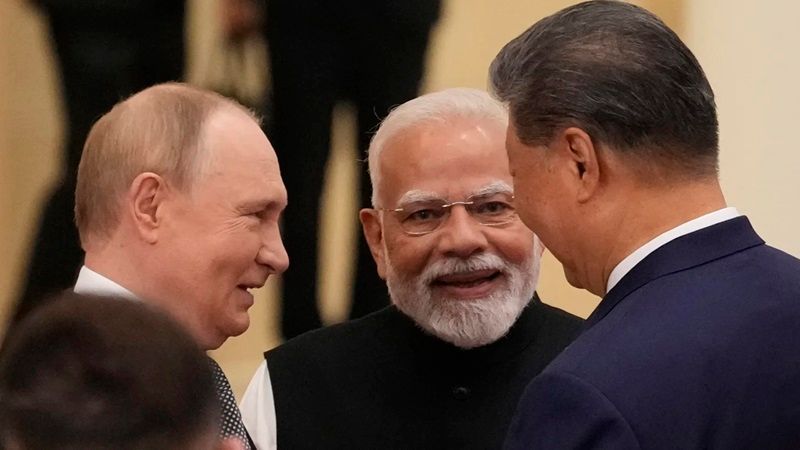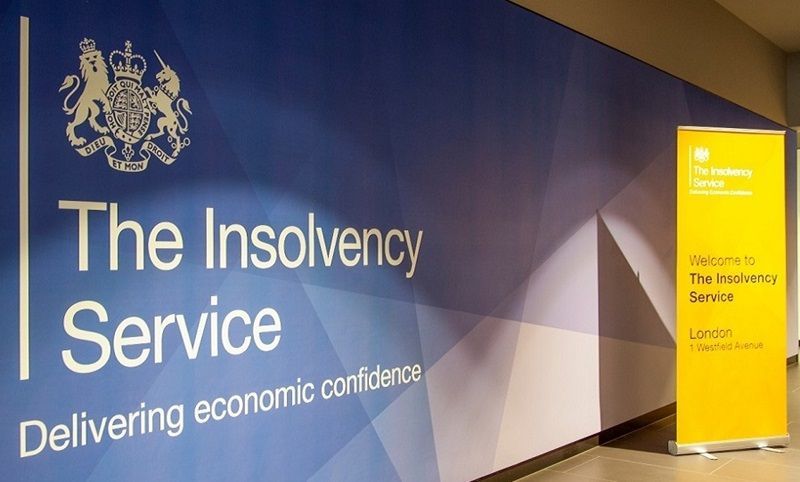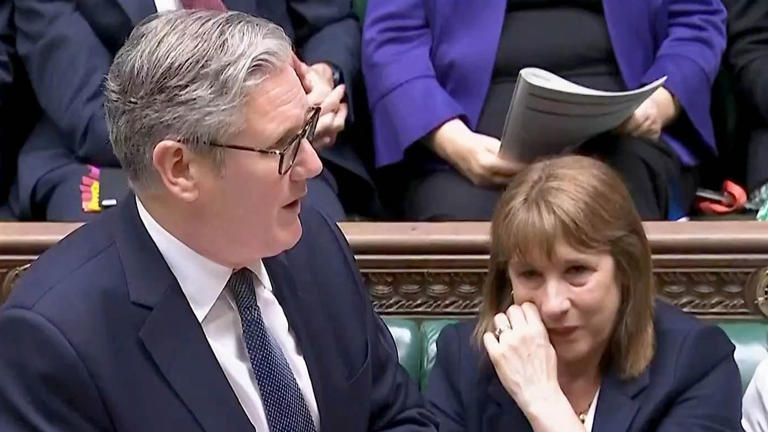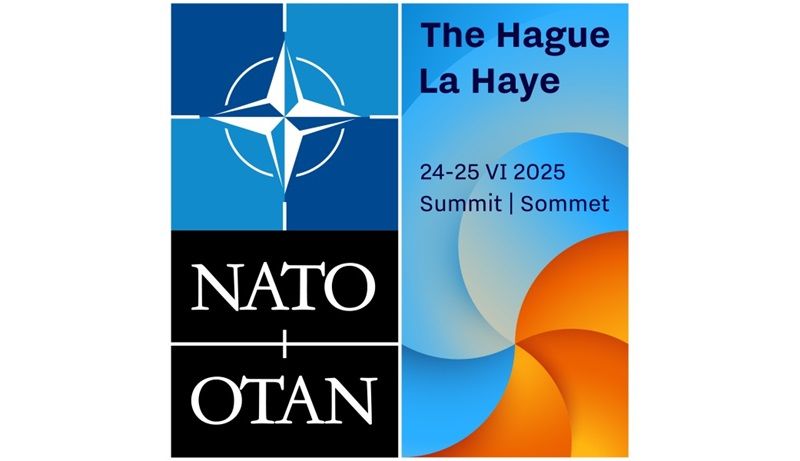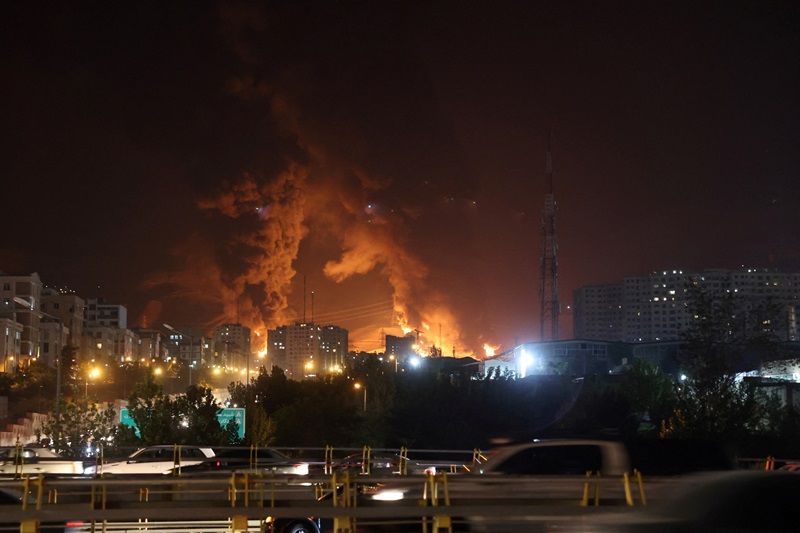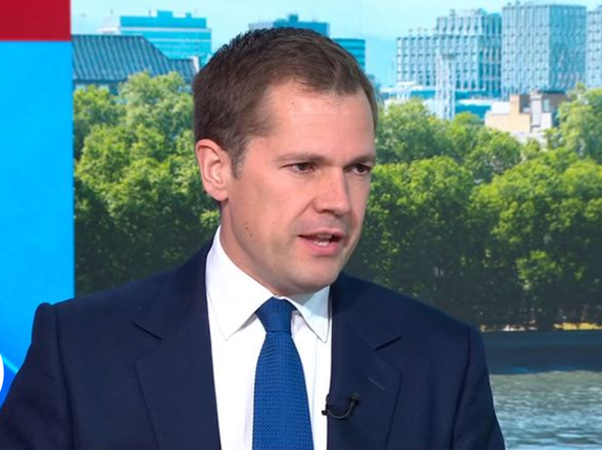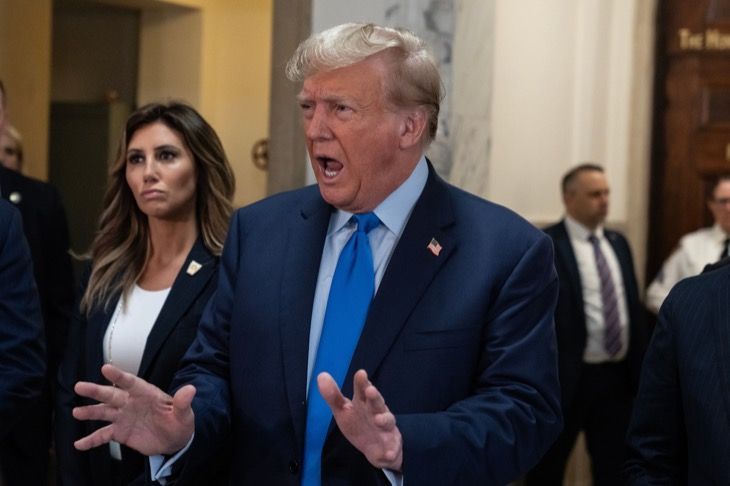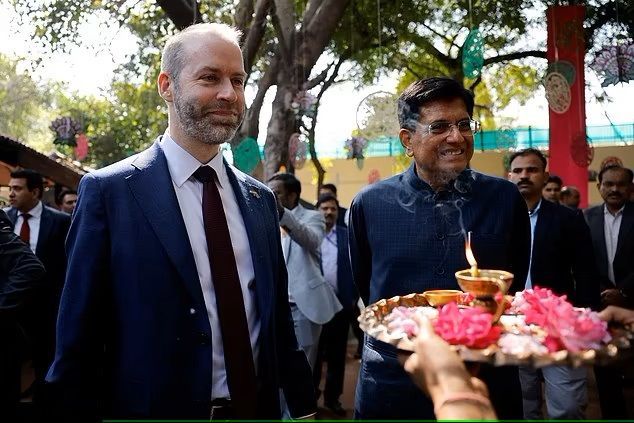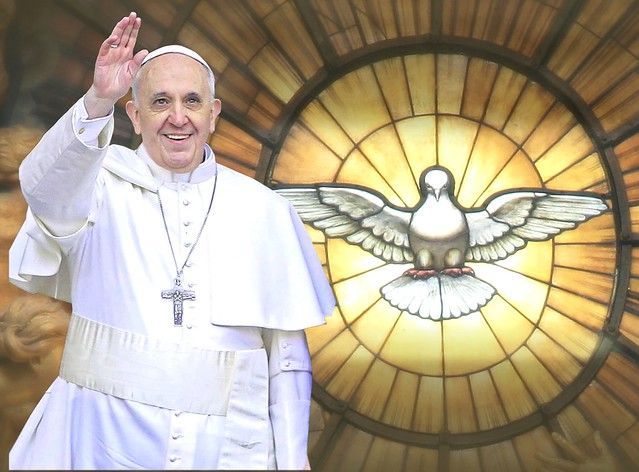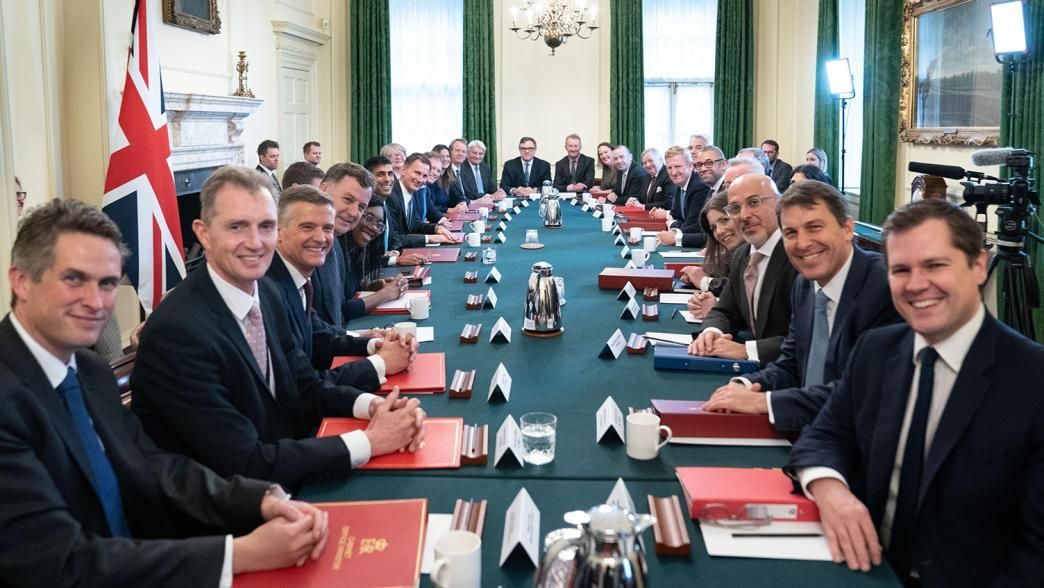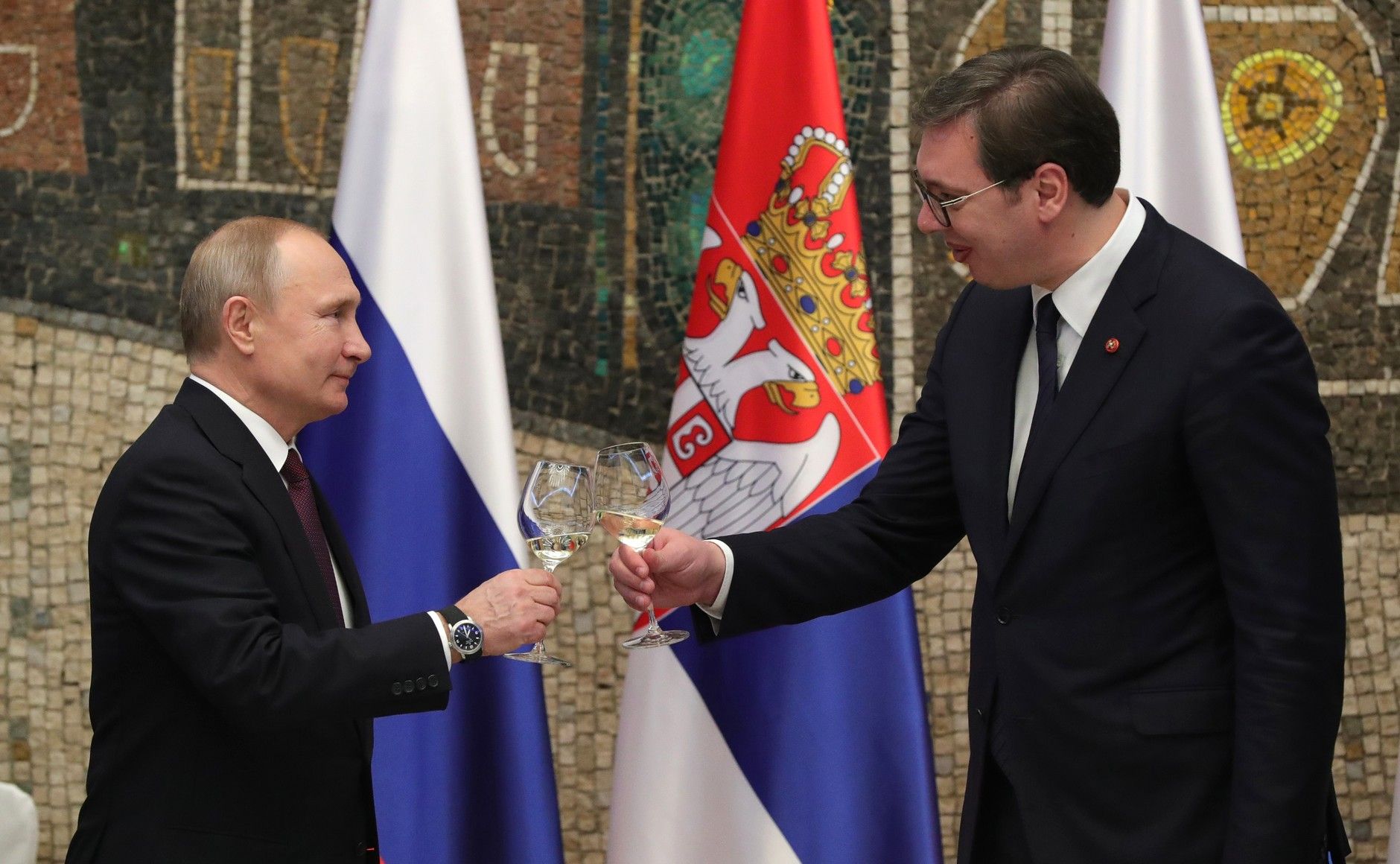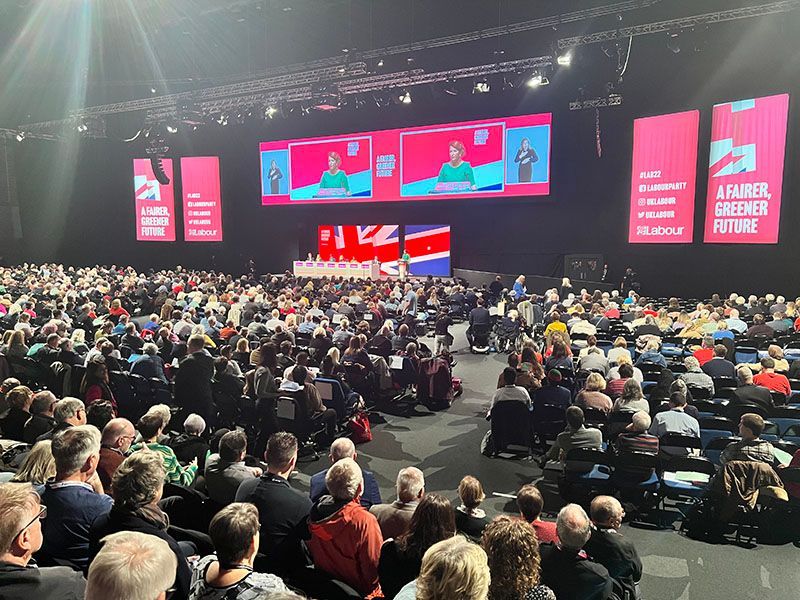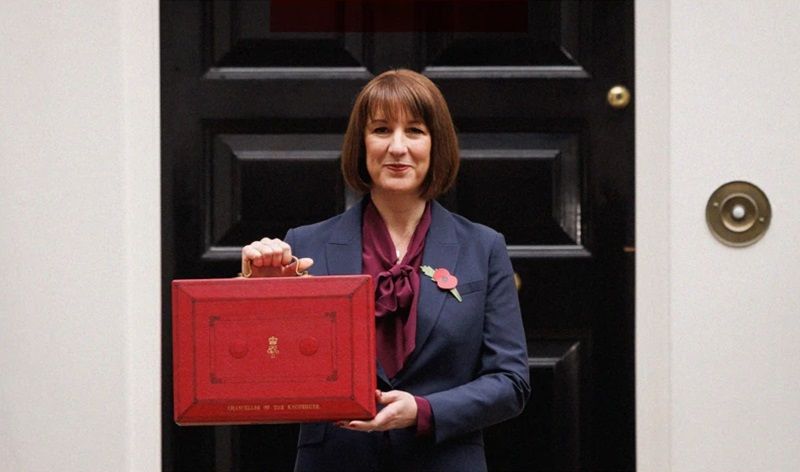A BLUEPRINT FOR SUSTAINABLE TRADE
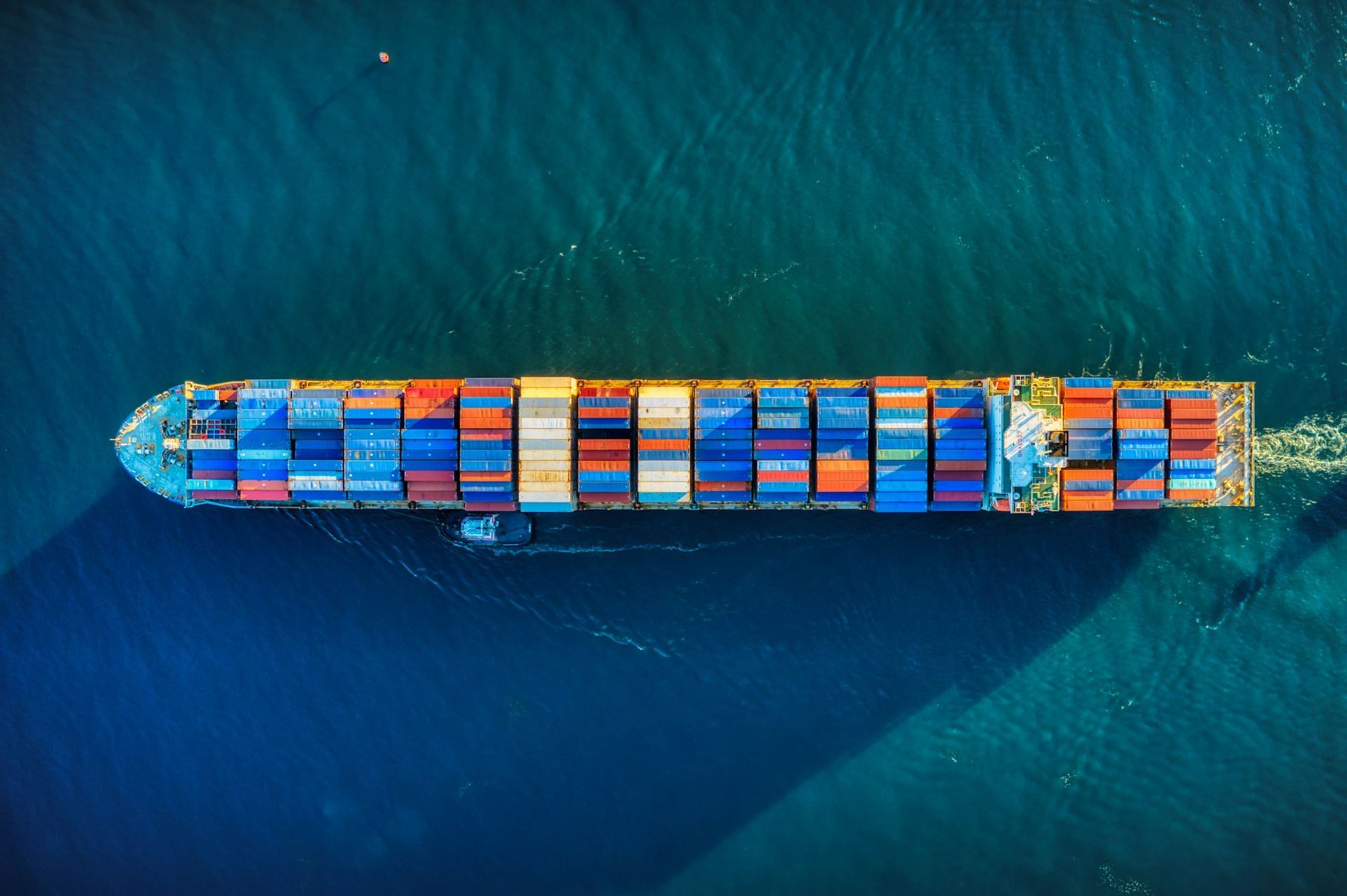
As the WTO approaches its 30th anniversary, it faces a stark choice: Evolve to meet the challenges of the twenty-first century or drift toward the periphery of global governance. The authors argue that WTO members should commit to regearing the global trade system for a sustainable future.
For many years, the World Trade Organization (WTO) occupied an enviable position as one of the world’s most effective and influential international economic organisations. Today, however, the organisation faces a legitimacy crisis as it navigates geopolitical circumstances defined by deep doubts about the neoliberal economic model that has underpinned the trade system since the 1980s, a virulent U.S.-China rivalry, and the unfulfilled development aims of the Global South. Compounding these issues, the WTO – or more precisely the 164 Members of the WTO – stand accused of failing to advance the global community’s commitment to climate change action and sustainable development. Thus, as the organisation approaches the 30th anniversary of its founding, the WTO Members face a stark choice: evolve to meet the challenges of the twenty-first century or drift toward the periphery of global governance.
Make no mistake: WTO is in crisis!
In one sense, the WTO’s current travails can be attributed to institutional design choices that have facilitated deadlock, stoked frustrations of both large and small economies, and left many believing that the global trade system is stacked against them. Above all, the WTO requirement that agreements be reached by consensus – which in the trading system tradition means that no Member objects – has hampered reform efforts. Indeed, until very recently, very little had been achieved through WTO negotiations since the body came into existence in 1995. The successful conclusion of talks on fisheries subsidies reform in 2022 stood out as a break with this disappointing track record and a welcome reminder that trade policy progress can be made multilaterally – albeit more slowly and incrementally than many of those clamouring for WTO reform would have liked.
In another sense, the global trade system is a victim of its own success. Designed as it was to increase economic integration and trade volumes, the WTO emerged so effective in its mission to clear away barriers to trade that it left an imbalance in the ability of the international system to regulate the resulting commerce. As a result, some members are now chafing against the very system they created. In the case of the US, this shift has been nothing less than a volte-face. Once the leading proponent of trade liberalisation, the world’s largest economy has since 2018 paralyzed the WTO’s much-vaunted dispute resolution system by blocking judges to its Appellate Body.
The headwinds facing the WTO have grown stronger over the past few years as a series of shocks and escalating geopolitical tensions have roiled global markets and snarled supply chains, leading major economies to speak of decoupling, nearshoring, and even deglobalization. In many nations, the notion that economic interdependence supports peace and security, a bedrock principle of the post-war economic order, seems to have been forgotten. In the words of WTO Director General Ngozi Okonjo-Iwaela, this principle is “under attack, and its achievements are in danger.”
Crisis brings opportunity as the saying goes. But opportunity alone will not save the WTO unless its Members can agree on an “underlying mission and ethos” that rebuilds belief in the trade system’s ability to address the great challenges of the moment.
